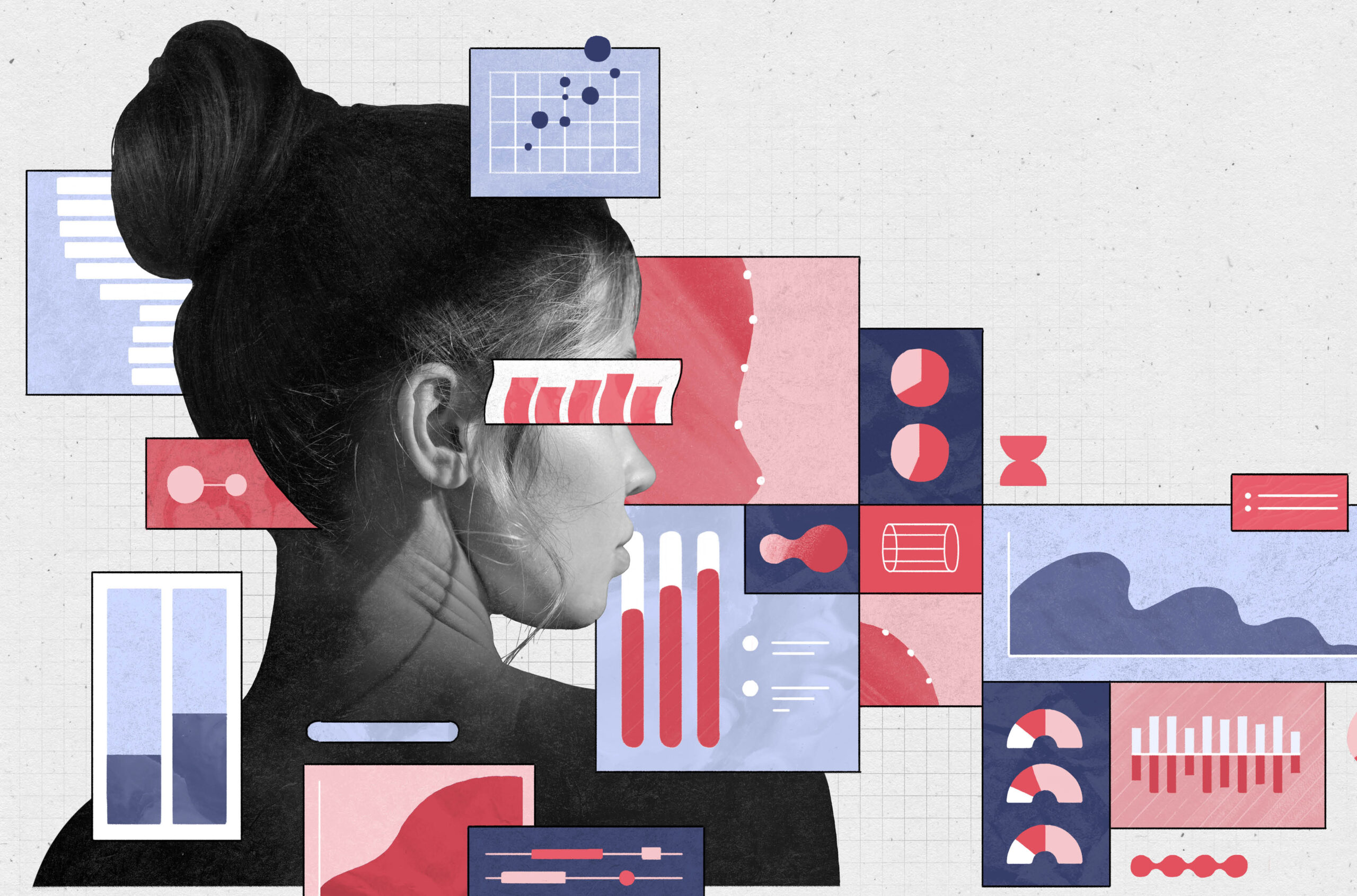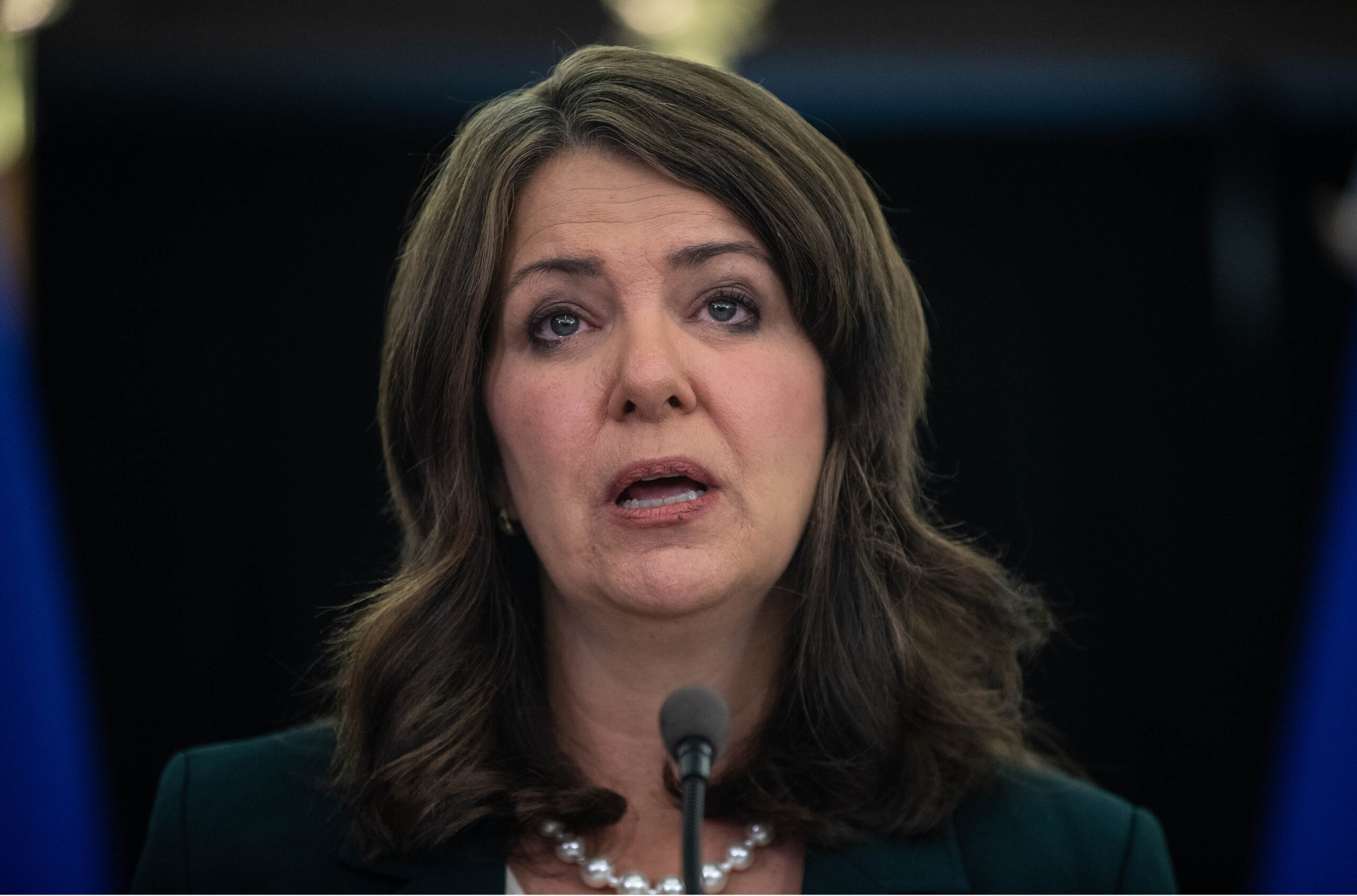-
The Mintz Report is wrong on EDI
Demanding ‘institutional neutrality,’ Alberta’s report on the post-secondary system risks silencing equity.
-
Responding to growing criticism of equity, diversity and inclusion policies
An interview with David Robinson, executive director of the Canadian Association of University Teachers, which represents faculty, librarians and researchers at 125 postsecondary institutions.
-
Beyond the binary: reclaiming equity and inclusion in higher education
Navigating the turbulence of political headwinds with resilience, strategy and collective power.
-
Why counting matters
‘Measuring gender equity is important in order to know whether you have made any progress. Otherwise, some people may feel progress has been made while others don’t experience it,’ asserts gender equity expert.
-
The long road to equity
Despite increased institutional commitment, experiences of men and women faculty differ starkly.
-
A guide for supporting BIPOC staff for success
If you want to sustain more diverse teams, you have to create the environment for their success.
-
Women’s representation and compensation in full-time faculty positions
A statistical analysis of Canadian universities from 1970 to 2022.
-
Laurier student’s art featured on a bus for Black History Month
The artist says her work’s impact is like a ripple in water.
-
Universities must resist undermining efforts to make real social change
Replacing EDI with ‘belonging’ runs counter to the very clear objectives of equity, diversity, and inclusion programs.
-
Inside the University of Alberta’s move away from equity, diversity and inclusion
Motivations for the decision are being debated by members of the university community.
-
Proposed provincial legislation causes headaches for Alberta university athletics depts
If passed, Bill 29 could impact whether future U Sports championships are held in the province.
-
New life for Dimensions
A little over a year after the program was quietly shut down, it has been quietly revived.
-
Using human agency principles to support unprecedented decision-making in higher education
Reframing rear-view thinking to create a fair, inclusive and transformative future.
-
EDI progress being made at Canadian institutions, but clear goals still lacking
‘We need to understand that postsecondary institutions weren’t built for diversity in the first place,’ says panel chair.















